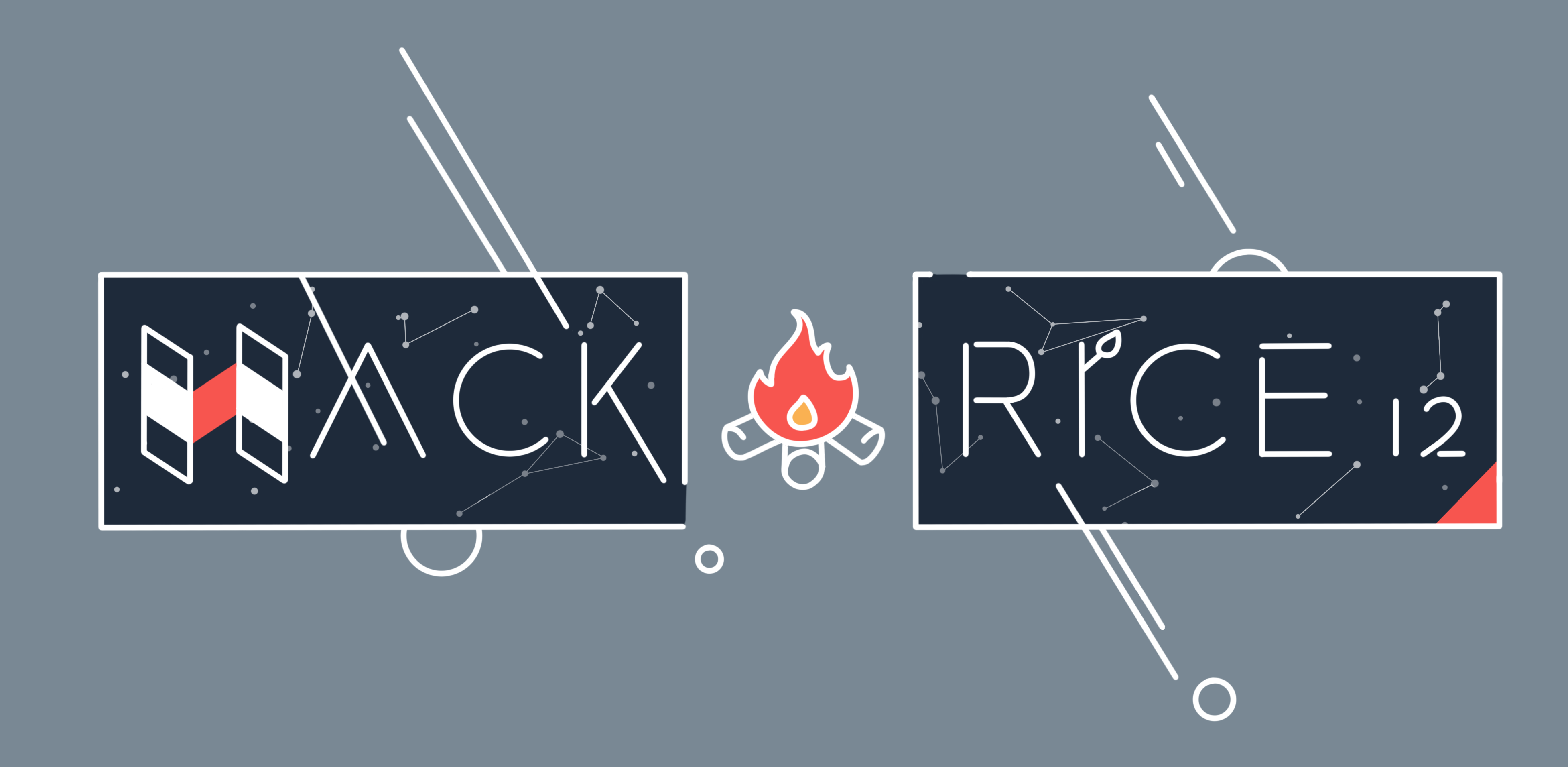Rice’s annual hackathon, HackRice, took place in the RMC grand hall from September 23 to September 25. 114 students participated and a total of $11,950 were distributed in prizes.
The event used a hybrid approach where students could start and complete a project within 72 hours in designated areas or elsewhere. Teams would then record their presentation to submit for judging. The top six projects were then presented in-person.
First place overall went to “VOTERIG,” an interactive game designed to raise awareness on voter suppression. The team is comprised of Victor Huang (Brown ’26), Wisha Wanichwecharungruang (Brown ‘25), Aditi Buch (Brown ’25), and Disha Baldawa (Brown ’25). “VOTERIG” placed the player in the chair of a crooked county commissioner who must then place the polling location to sway the election for desired results. Each level became more realistic and challenging as more constraints are added.
“Disha mentioned her favorite interactive/educational games was the evolution of trust when we were brainstorming,” Huang said. “After everyone played the game, we were convinced to do something like that but with a focus on voting manipulation for the upcoming election.”
HackRice 12 also allowed participants to submit their projects under a track. Each track had their own challenges, prizes, and/or sponsors. For example, if a team was composed entirely of new hackers, they could submit to the First Timer’s Track to be judged with other teams comprised of first-time hackers as well as all the other projects for the overall prizes. One of the judges, Rebecca Schreib, who is an assistant teaching professor in the computer science department, appreciated the “Activism” and “Safety & Security” track.
“Both of these topics are very important, and I think having those tracks in mind guided the students in the direction of creating some really meaningful projects,” Schreib said.
One of these meaningful projects is “AuthentiCadence,” a project made by Caleb McKinney (Will Rice ’25), George Lyu (Will Rice ’24), Daniel Wang (Will Rice ’25), and Jonathan Thomas (Baker ’25). “AuthentiCadence” learns the rhythm and timing of a user’s keystrokes to identify valid password entries. The project went on to win both the Safety and Security Track and the Data Science Challenge.
Their motivation came from the rise in phishing schemes.
“Just two weeks before HackRice, Uber was hacked by a teenager who had obtained the authentication credentials of an Uber employee by spamming their phone,” the AuthentiCadence team said. “We wanted to make a product that protects your account even when a hacker has obtained your password”
HackRice 12 allowed Rice students to not only apply knowledge learned from class but allowed other students to collaborate and see the potential of computer science.
“What excited me the most about HackRice was showcases on the final day!” Huang said. “The AuthentiCadence password project was really fun to play with, and I personally liked the AI mental health help app.”
“This experience has helped ground our idea of what CS is,” the AuthentiCadence team said. “After grinding through class lectures and problem sets, it’s easy to lose sight of the cool applications that CS can address.”
Wanichwecharungruang, who was on the VOTERIG team, felt like HackRice gave him a clearer outlook on what he wants in his career.
“My HackRice experience of building a mini game was so much more enjoyable than working with big business software,” Wanichwecharungruang said. “Career-wise, it made me realize I want a job that focuses on creativity.”
For others, HackRice affirmed the talent and dedication of Rice students.
“I wouldn't say that judging HackRice changed my opinion of Rice undergrads, but that's probably because I already have a well-formed opinion of Rice undergrads after years of being on both sides of the classroom,” Schreib, who completed her undergrad, masters, and doctoral degree at Rice, said. “As usual, the students demonstrated that they are creative, hard-working, and capable of great things!”

